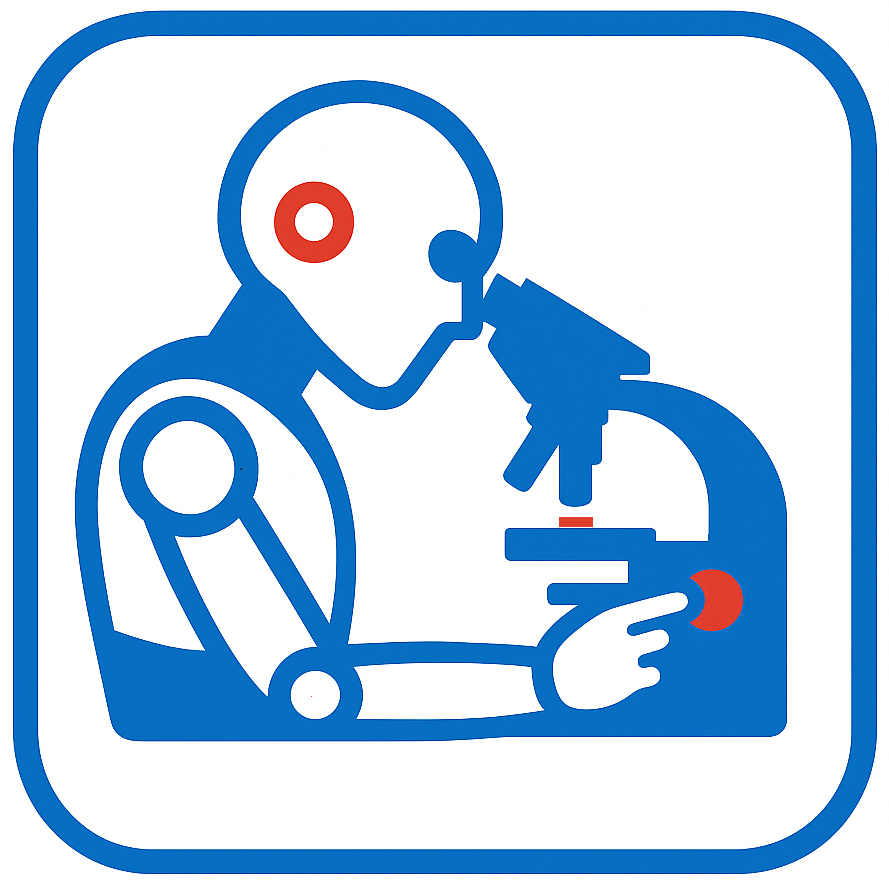

TSH (thyroid-stimulating hormone)
is produced by the pituitary gland and helps regulate how much thyroid hormone your body makes.
When thyroid hormone levels are low (or trending low), the pituitary releases more TSH to “push” the thyroid.
A high TSH therefore often suggests an underactive thyroid (hypothyroidism) — but the meaning depends on whether
free T4 (and sometimes free T3) is normal or low, and whether the elevation persists on repeat testing.
Each lab defines its own reference range, but many adult reports use an upper limit near 4.0–4.5 mIU/L.
Mild elevations are often rechecked, especially if free T4 is normal.
Higher or persistent elevations may prompt additional evaluation (repeat TSH + free T4, thyroid antibodies, and clinical review).
Because TSH can fluctuate after illness, major stress, and medication changes, confirmation on repeat testing is important before drawing conclusions.
| TSH level (mIU/L) | Typical category | How clinicians often interpret it |
|---|---|---|
| 0.4–4.5 | Typical range | Within a common adult reference interval used by many laboratories. |
| 4.5–9.9 | Mild elevation | Often consistent with subclinical hypothyroidism if free T4 is normal. Repeat testing and symptom review are common next steps. |
| 10–19.9 | Moderate elevation | More likely to reflect clinically meaningful hypothyroidism, especially if symptoms are present or free T4 is low. Further evaluation is typically recommended. |
| ≥ 20 | Marked elevation | Often suggests significant thyroid underactivity and warrants timely medical review, particularly if free T4 is reduced or symptoms are notable. |
Important: Numeric cutoffs use common adult reference patterns (upper limit ~4.5 mIU/L). Always interpret TSH using the reference range on your own lab report and your clinical context.
Many people with a mildly elevated TSH feel well and do not need urgent treatment. Concern increases when TSH remains elevated on repeat tests, rises over time, or is paired with a low free T4 or significant symptoms such as fatigue, cold intolerance, constipation, dry skin, or unexplained weight gain.
It means your TSH is above the lab’s reference range. In many cases this signals that the body is asking the thyroid to work harder. The key next step is to look at free T4 to see whether thyroid hormone levels are normal or low.
Yes. Mild elevations are often found in people who feel fine. Symptoms are more likely if hypothyroidism becomes more pronounced or if free T4 is low.
Not always. If free T4 is normal, clinicians may repeat testing and monitor symptoms first. Treatment decisions depend on the full picture (levels, trends, symptoms, age, pregnancy status, and antibodies).
Tip: Ask whether thyroid antibodies (like TPO antibodies) were checked if hypothyroidism is suspected.
Most clinicians confirm with repeat TSH + free T4 and may add thyroid antibodies. A full Thyroid Panel Interpreter can help you understand how these markers fit together.
Sometimes. TSH may normalize after recovery from illness, medication adjustments, or changes in iodine intake. Persistent elevations, especially with positive antibodies, are more likely to represent ongoing thyroid underactivity.
The AI-LabTest interpretation engine places your TSH in context with free T4/free T3 and related thyroid markers. It highlights how far your value is from the reference interval, flags patterns consistent with subclinical vs overt hypothyroidism, and provides clear next-step talking points you can discuss with your clinician.
Is a TSH level of around 6 considered high?
In many laboratories, TSH above roughly 4.0–4.5 mIU/L is considered elevated. A TSH around 6 is usually a mild elevation, especially if free T4 is normal, and it is often monitored with repeat testing.
Can high TSH return to normal?
Yes. TSH can normalize after recovery from illness, correcting iodine intake, adjusting medications, or starting thyroid hormone therapy when appropriate. Repeat testing helps confirm the trend.
When should I worry about high TSH?
High TSH deserves closer attention when it persists on repeat tests, rises over time, is accompanied by low free T4, or is associated with positive thyroid antibodies suggesting Hashimoto’s thyroiditis. Significant symptoms also support further evaluation.
⬐ Get Instant Lab Report Interpretation ⬎